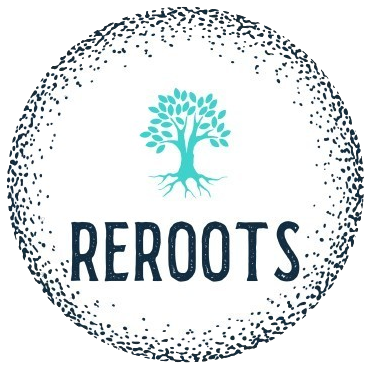Introduction
Sustainability is a strategic advantage for small and medium-sized businesses. Once viewed as a PR tactic or a social responsibility is now directly linked to revenue, growth, and long-term business resilience. Today’s rapidly changing market favors companies that value environmental responsibility, making it a critical business strategy not only for large corporations but also SMBs.
Through my research I found that this shift is centered around ESG criteria, known as Environmental, Social, and Governance. ESG expectations are being implemented to smaller businesses that want to stay competitive, win contracts, and build consumer trust.
The Significance of ESG
ESG is centered around three non-financial standards that investors and companies use to assess a business’s impacts and ethics:
- Environmental: energy use, waste, carbon emissions, water conservation
- Social: labor practices, customer and employee welfare
- Governance: transparency, leadership, accountability
According to a 2023 Deloitte report, 86% of business leaders say their organizations will need to fundamentally change how they operate to become more sustainable (Deloitte, 2023). Once this change is implemented, the flow of consumers will follow, making those small businesses more likely to be chosen as partners or vendors.
Consumers Vote with Choices
Sustainability stretches farther than just the conversations and debates it raises, it occurs in checkout lines and online shopping carts. In fact, consumers are willing to pay a 9.7% sustainability premium despite the cost-of-living inflation (PWC, 2024). Many of the younger generations prefer companies that show authentic commitment to climate action, ethical labor, and inclusive values. In order to keep up with these trends and keep relevance, small businesses must alter their approaches to make them more energy efficient.
ESG is Non-negotiable
Besides pressures from consumers, governments are also raising the bar. In California, laws such as SB 253 and SB 261 require large corporations to disclose their carbon emissions and climate-related risks (California Air Resources Board, 2023). This means that small businesses must work with large companies in order to survive under the growing pressures implemented by legislation. In addition, there are grant programs providing businesses funding if they demonstrate commitment to environmental outcomes (U.S. Department of Energy).
Strategic Plan
- Improved efficiency – reduced energy and waste costs
- Better brand loyalty – online reputation
- Access to new markets – funding and strategic partnerships
- Resilience in future – Shaped by climate regulations and shifting expectations
ESG Is the New Competitive Currency
In order for small businesses to stay relevant, trusted, and resilient in a world where opinions drive value, embracing ESG principles is the way to go. By doing so, companies can adapt to new consumer and market demand positions businesses not only to survive – but to lead.
Just like Darwin’s principle of evolution, the most successful small businesses will be the ones that evolve with the climate, economy, and customer expectations.
References:
Deloitte. (2023). Commercializing sustainable supply chains: From ambition to action. Deloitte. https://www.deloitte.com/dk/en/services/consulting/research/commercializing-sustainable-supply-chains-report.html
California Air Resources Board. (2023). Senate Bill 253 (Wiener, Scott) Climate Corporate Data Accountability Act – Chaptered. https://ww2.arb.ca.gov/2023-senate-bill-253-wiener-scott-climate-corporate-data-accountability-act-chaptered
PwC. (2024, April 2). PwC 2024 Voice of the Consumer Survey. PwC Global. https://www.pwc.com/gx/en/news-room/press-releases/2024/pwc-2024-voice-of-consumer-survey.html
U.S. Department of Energy. (n.d.). Funding & financing. U.S. Department of Energy. https://www.energy.gov/funding-financing

